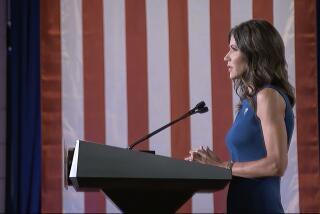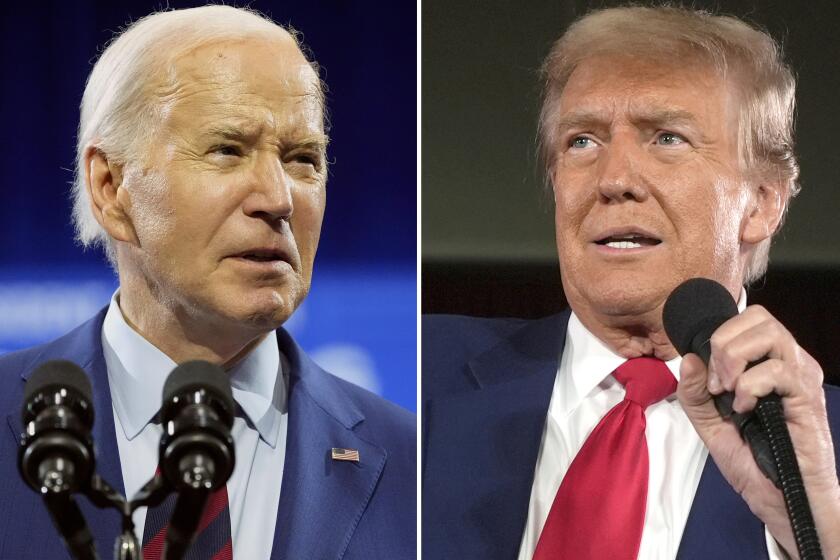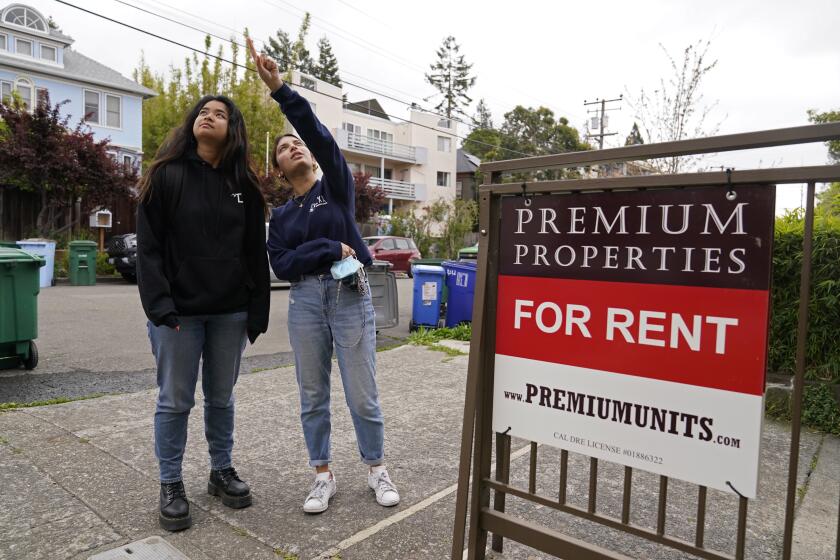Panel OKs Bill to Permit TV Testimony by Children
Landmark legislation that would allow child molestation victims to testify via closed-circuit television from outside the courtroom passed its first test in the Assembly Monday.
By a vote of 6 to 1, the Assembly Public Safety Committee approved the controversial measure designed to protect children who may be called to testify in the McMartin Pre-School molestation trial and other cases.
At the same time, however, the committee limited the bill to children under the age of 11 and narrowed other provisions of the measure in an attempt to ensure that TV testimony by children would be found constitutional by the courts.
“This is an historic step we are taking,” said the author of the bill, Sen. Art Torres (D-South Pasadena), who engaged in extensive negotiations with members of the committee to arrive at the compromise adopted Monday.
Earlier in the day, the committee gave quick approval to an emergency bill that would correct an error in a law passed last year that could result in the dismissal of thousands of child molestation cases in California, including some charges in the McMartin case.
A bill by Assemblyman Byron Sher (D-Palo Alto) last year included an ambiguous clause that has been interpreted by a judge in one case as reducing the statute of limitations from six to three years under some circumstances.
Without discussion, the committee voted 6 to 0 to approve a new bill by Sher that would correct the ambiguity and declare the Legislature’s intent not to reduce the statute of limitations.
Both the Sher and Torres bills now go to the Assembly floor.
Opposition to Bill
Civil libertarians opposed Torres’ bill on grounds that it could deprive defendants of their constitutional right to confront witnesses.
Under the Torres measure, a child would be allowed to testify in a separate room through closed-circuit television if a judge makes certain findings: that the child or his family has been threatened or that the child’s testimony could lead to his removal from the family.
Allowed in the TV room would be a representative of the court and a person to provide the child with emotional support during testimony. Two cameras would be used, one to film the child and one to film the entire room, so that the defense could observe any improper coaching of the child.
Torres’ bill, as it was approved by the Senate last month, set an age limit of 13 and under and gave broader discretion to a judge.
More to Read
Get the L.A. Times Politics newsletter
Deeply reported insights into legislation, politics and policy from Sacramento, Washington and beyond. In your inbox three times per week.
You may occasionally receive promotional content from the Los Angeles Times.






